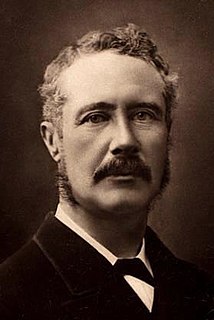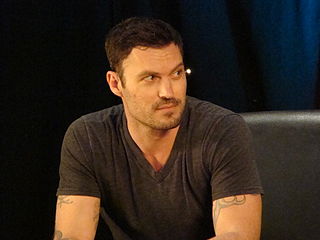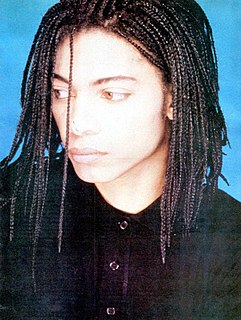A Quote by Philip Stanhope, 4th Earl of Chesterfield
Gratitude is a burden upon our imperfect nature, and we are but too willing to ease ourselves of it, or at least to lighten it as much as we can.
Related Quotes
I humbly believe our life is to learn our nothingness and His being everything; when we agree with Him that we are nothing and not astonished at our evil nature breaking forth, when we are willing for the last to be first, when we are willing to be the least in Heaven that every one we know should be higher than ourselves, then, I think, our lesson is learnt. If we are annoyed at any disparaging remark or conduct of our fellows, it is because we are not yet fully aware of our being nothing.
A prayerful life is the key to possessing gratitude. We often take for granted the people who most deserve our gratitude. Let us not wait until it is too late for us to express our gratitude. Feeling gratitude and not expressing it is like wrapping a present and not giving it. If I gratitude be numbered among the serious sins, then gratitude takes its place among the noblest of virtues. To express gratitude is gracious and honorable, to enact gratitude is generous and noble, but to live with gratitude ever in our hearts is to touch heaven.
I think our society is no longer properly valuing the intangible potential of innovation, even if we have to be a little uncomfortable with the risks associated with it, and a little bit willing to fail, pick ourselves up and dust ourselves off and try again. We don’t seem to want to do that as much as we used too.
The United States and the freedom for which it stands, the freedom for which they died, must endure and prosper. Their lives remind us that freedom is not bought cheaply. It has a cost; it imposes a burden. And just as they whom we commemorate were willing to sacrifice, so too must we - in a less final, less heroic way - be willing to give of ourselves.
First we must see that we cannot will ourselves to be open because openness is our very nature. Any tiny residue of willing, of wanting to be open takes us away from what we are. Willing never goes beyond willing. So the only way to be free from this circle is to glimpse the truth that openness is the egoless state, that it is here and now
We never know how much one loves till we know how much he is willing to endure and suffer for us; and it is the suffering element that measures love. The characters that are great must, of necessity, be characters that shall be willing, patient and strong to endure for others. To hold our nature in the willing service of another is the divine idea of manhood, of the human character.


































